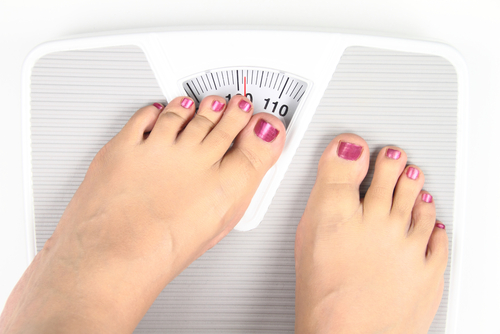Is “Fat” a negative word? Is “skinny” a negative word? When you look terms that we use to describe our bodies up in the dictionary, there is never a comment about one being better than the other. They are just simply defined as what they are. Fat is defined as extra flesh and skinny is defined as very thin. Yet when you ask people to define these things, there’s never a straight answer. There is always too fat and too skinny. Post a picture of a body on a public social media platform like Instagram and be amazed by the many, many different ways people define one of the two. Body shaming is the act of criticizing a body for its shape, weight, color, appearance, and more. We body shame because differences make us uncomfortable. We body shame because we think, for some reason, we have the personal authority on genetics and can decide whose genetics are acceptable and whose are not. We body shame because the internet says we can and it makes us feel better about ourselves and the way that we have been body shamed.
Body shaming has become a public shaming activity. Internet users, people in conversations, and our culture in general is focused on giving opinions which aren’t asked for. Body shaming is publicly commenting and telling someone that the way they look, the way they are, defines who they are, and that person, that appearance, is somehow wrong. Body shaming is a lack of boundaries, on the part of people and of culture. We don’t have a right to comment on other people’s bodies. We shouldn’t even comment on our own. Yet, we do.
The Danger Of Body Shaming
Online body shaming is a form of bullying. Online bullying which goes “viral” can have a deep psychological effect on someone who is insecure or unable to handle the rejection and criticism from others. Many “stars” of social media have come forward about their development of eating disorders, mental health disorders, and substance use disorders in order to cope with the pressure of being body shamed or avoiding body shaming. The mental health distress caused by body shaming is unfair and unjust.
Preventing Body Shaming
We can’t control what other people think or say but we can fight back with positivity. Be a body positive warrior and spread messages of encouragement, inclusivity, and pride in your social media posts about your body, if you post any. Encourage others to be comfortable with themselves and pay little attention to what others have to say. If you’re struggling with eating disorder, body image issues, body dysmorphic disorder, or other mental health conditions due to body shaming and mental distress, seek help and find recovery. You are already strong and beautiful, just the way that you are.
LEAD Recovery Center is a multiphase transitional care program focused on developing leadership life skills through growth inspired by clinical therapy and immersive natural learning. Celebrating challenges and accomplishments, our programs help clients find autonomy in recovery. Call us today for information: 800-380-0012


